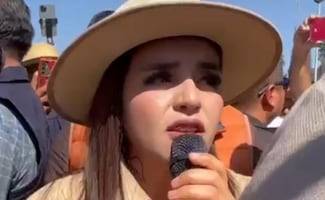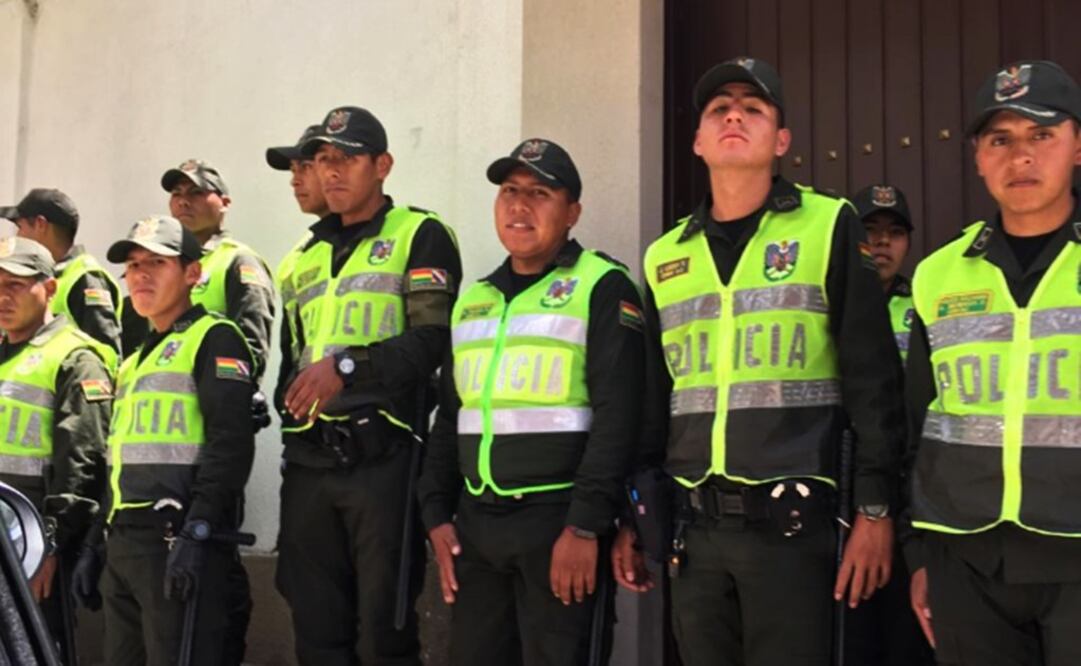Más Información

Con cuadro de su tocayo, Marx deja la oficina de la SEP y toma el Metro; niega moches y malos tratos a trabajadores

Fiscalía de Zacatecas confirma que Ángela Aguilar y Christian Nodal presenciaron enfrentamiento armado; "ellos no fueron el blanco", aclara

Auditoría Superior confirma presuntos actos de corrupción en el INAI; detecta turismo de comisionados y contratos irregulares

Grecia Quiroz presenta denuncia contra Leonel Godoy, Raúl Morón e Ignacio Campos; los acusa de participar en asesinato de Carlos Manzo
Mexico
started a diplomatic conflict that has reached its peak in recent days. It all started when the Mexican government congratulated Evo Morales for his electoral win on October 24, despite the allegations surrounding the election and criticism inside and outside Bolivia .
Days after Mexico congratulated Morales, the condemnation of the election results turned into protests. Morales’ governmen t agreed to audit the elections, in collaboration with the OAS . The preliminary findings were issued by the OAS on November 9 and showed several irregularities , which later forced Evo Morales to resign.
Everyone knows what happened next: the former Bolivian President was granted asylum in Mexico , as well as two of his cabinet members but other former officials took refuge in the Mexican embassy in La Paz . A month after arriving in Mexico, Morales left and he is now living in Argentina . Last week, the interim government in Bolivia issued an arrest warrant against Evo Morales for “ sedition and terrorism ” and now other former officials are also facing the same charges and others are accused of electoral fraud.
After the arrest warrants were issued, the Bolivian government deployed a large number of security and intelligence officers out of the Mexican ambassador’s residence and outside the Mexican embassy in La Paz, a situation denounced by the Mexican government.
The siege continues to this day and Mexican diplomats have said that Bolivian officers are intimidating , harassing , and photographing the Mexican diplomats.
The harassment of Mexican diplomats has increased the tension between both countries. The interim chancellor said that Bolivia respects diplomatic immunity and added that is it “impossible” for Bolivian authorities to force their way into the Mexican embassy.
The relationship between Mexico and Bolivia has been friendly and it should continue that way but it shouldn’t be forgotten that the protection Mexico has granted to 9 former officials is established in international treaties . Is there any guarantee that the current Bolivian government will provide a fair trial? Especially when it has constantly condemned the previous administration and is chasing the former officials.
Bolivia
needs to reconcile, while in regards to its relationship with Mexico , an amicable diplomatic relationship is necessary. Violence is not the option.
gm
Noticias según tus intereses
[Publicidad]
[Publicidad]










